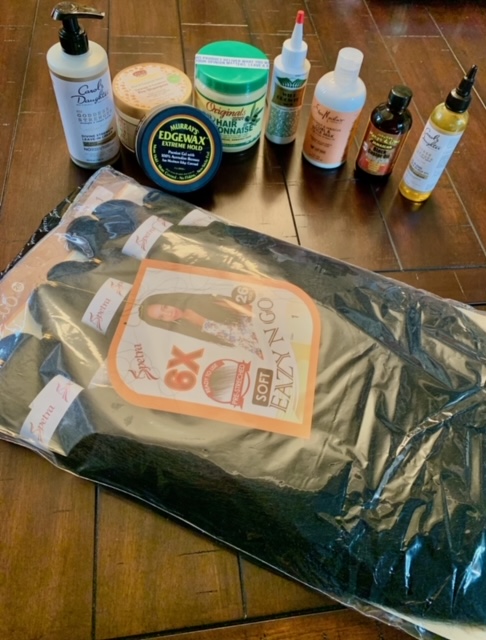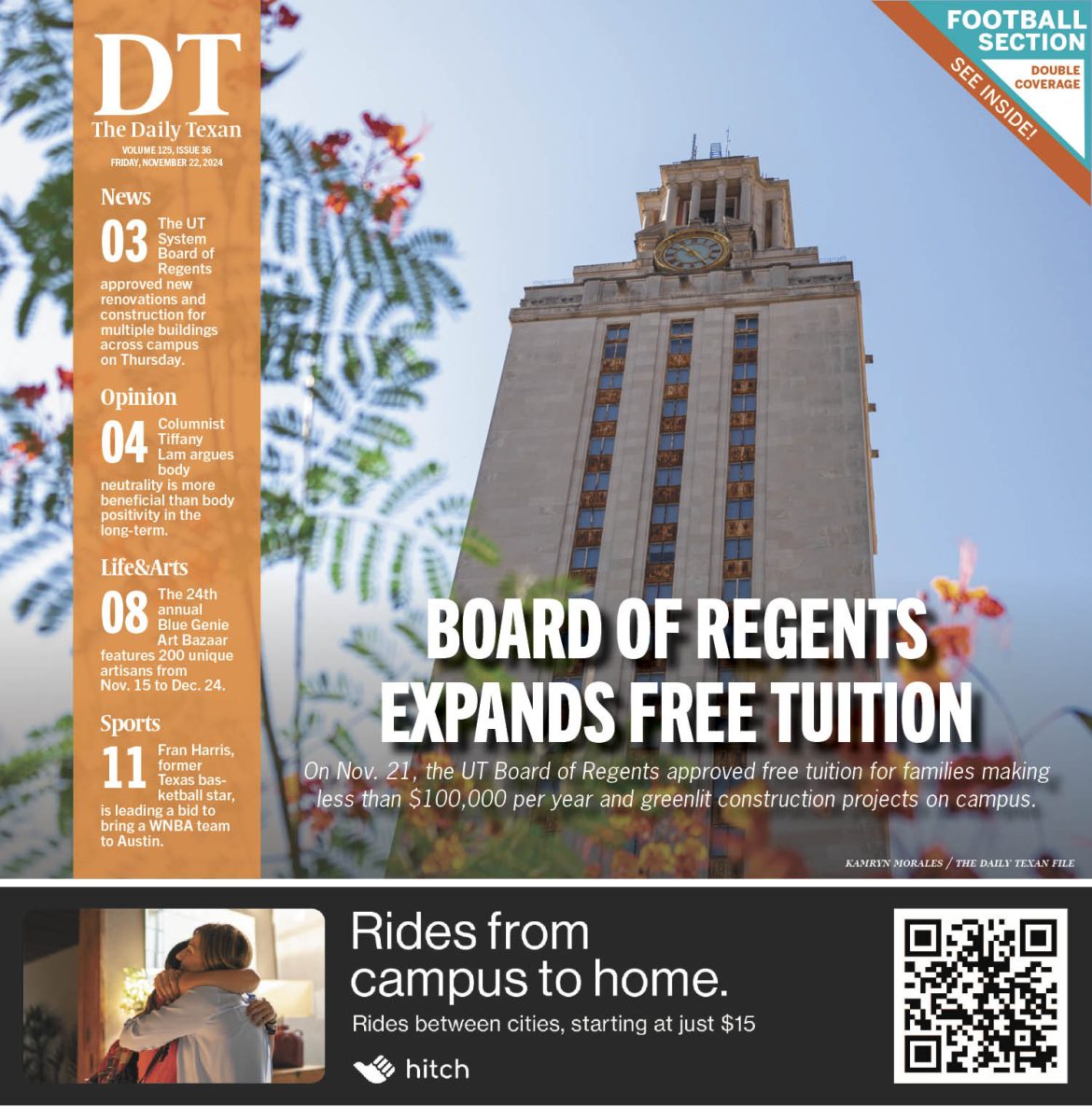Black students struggle to find beauty supplies while in Austin
August 2, 2021
Editor’s Note: This article first appeared as part of the July 26 flipbook.
After spending an extra hour scouring three different stores across Austin for a hairpiece, Maame Effirim felt so frustrated she went home empty handed.
“This is rarely ever a problem in my hometown,” psychology junior Effirim said. “Not to mention the price tag once I finally found the item was a complete downer.”
Effirim said limited beauty supplies in Austin make it difficult for Black students at UT to properly look after their hair. Most are forced to frequently travel back to their hometowns to find affordable, accessible hair products and materials needed for hairstyles that aren’t available at local Walmarts, Targets or even Sally Beauty.
“I grew up in Fort Worth, Texas, and there are quite a few beauty supply stores in my area, all within a few miles of me,” Effirim said. “There has never been a time I had to shop around different stores to find specific products or hair extensions like I have in Austin.”
Business sophomore Helah Payne said when she went to Big Joy, she couldn’t find a simple burgundy color or anything similar.
Payne said the store wasn’t Black owned and operated. Because of the microaggressions and the not-so-subtle disrespect she experienced, Payne said the shopping environment was hostile.
“(The store owners) treated us and the woman we noticed as if we were lesser than (them),” Payne said. “Unhappy, I started going to another beauty supply that was closer to campus. While there, I noticed the prices were insanely higher. It seemed to be a lose-lose situation.”
Payne says she would rather just save the hassle and travel back home to stock up on her hair needs for the entire year.
Keyajah Hawthorne, human development and family sciences junior, noticed a trend with the beauty supplies in Austin. A hair scarf, for example, costs 99 cents in Houston or Dallas but is $3 in Austin.
“I personally didn’t even notice the rise of prices until my friend brought it up, but I believe more people would be able to get their hair done if they could afford to buy the hair,” Hawthorne said.
Because Black individuals only make up 7.83% of Austin’s population, Hawthorne said it seems as if catering to such an important need, such as an adequate amount of beauty supplies, isn’t a priority.
“The city seems to not really care about Black women,” Hawthorne said. “If they did, the beauty supply stores wouldn’t have such high prices that are usually lower in other areas.”
Hawthorne, Payne and Effirim said Austin would be more inclusive and inviting to Black students if it were to open up more beauty supply stores.
“It is a bit disheartening to have to struggle to have my basic needs met in a city where I am supposed to feel comfortable,” Effirim said. “I believe lots of people would benefit from more accessible and affordable beauty supplies simply because we as Black people are all facing these issues.”











